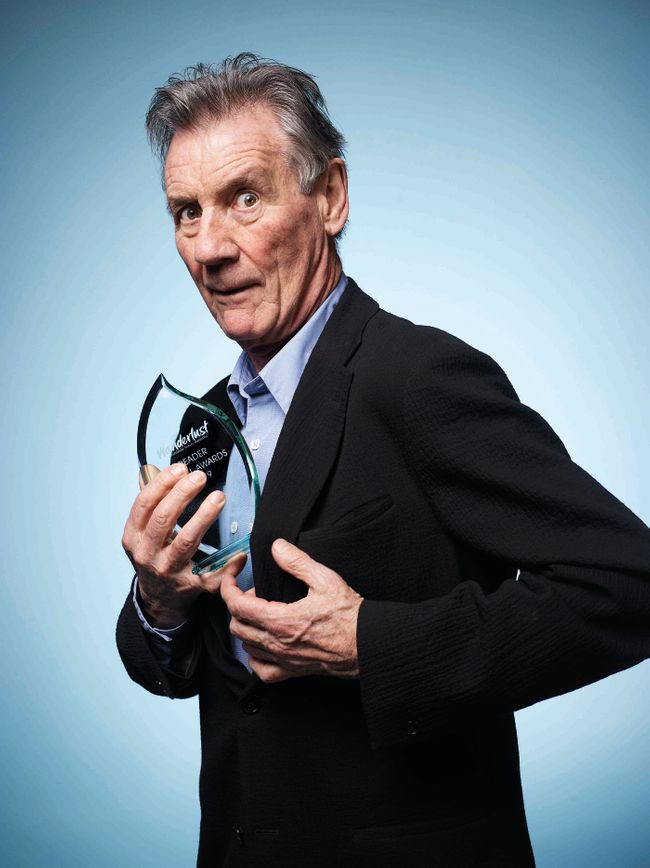A sense of excitement is really important. It is hard work, day in, day out, and you’re filming all the time. You have to make sure that you don’t waste any time. You’re only going to be, usually, in an area for one day or two days at most. You’ve got to get all that material and it’s got to work out, and it’s got to go home, and it’s got to be developed and all that… So, there’s a lot of anxiety there in getting the material. And everybody is fairly knackered. But it’s worth it for those special moments.
When we went up Annapurna, I was ill. I’d just had a cold, and that combined with the lack of oxygen as we got higher and higher made feel really sick. It was pretty grim but I staggered on and made something of the fact that I was poorly. But before we got up to the highest point, we stayed in a hut. I went to my room about 3.30 in the afternoon, coughing and snivelling, and went to sleep. I woke up in the middle of the night and there was total silence and darkness. I couldn't see a thing. I didn’t know where I was, and I thought, oh my god, I’ve died; this is what it’s like. It was quite pleasant, but also rather frighteningly lonely. And I just lay there for a bit, trying to piece together what had happened, and then I heard Basil, our photographer, in the next room, and I heard his terrible bronchial coughing. And when I heard his cough, it was so delightful. I’d never experienced such pleasure at hearing another human sound. As he was clearing his lungs out, I realised I was alive. And the next morning I just opened the shutters and there was the Annapurna Sanctuary. The sun was shining bright on these spectacular mountains. I just felt revived. I thought: you can’t get away from this. You can’t say I feel ill. God, it’s terrific. It’s feelings like that, mornings like that, which you just don’t get at home.









